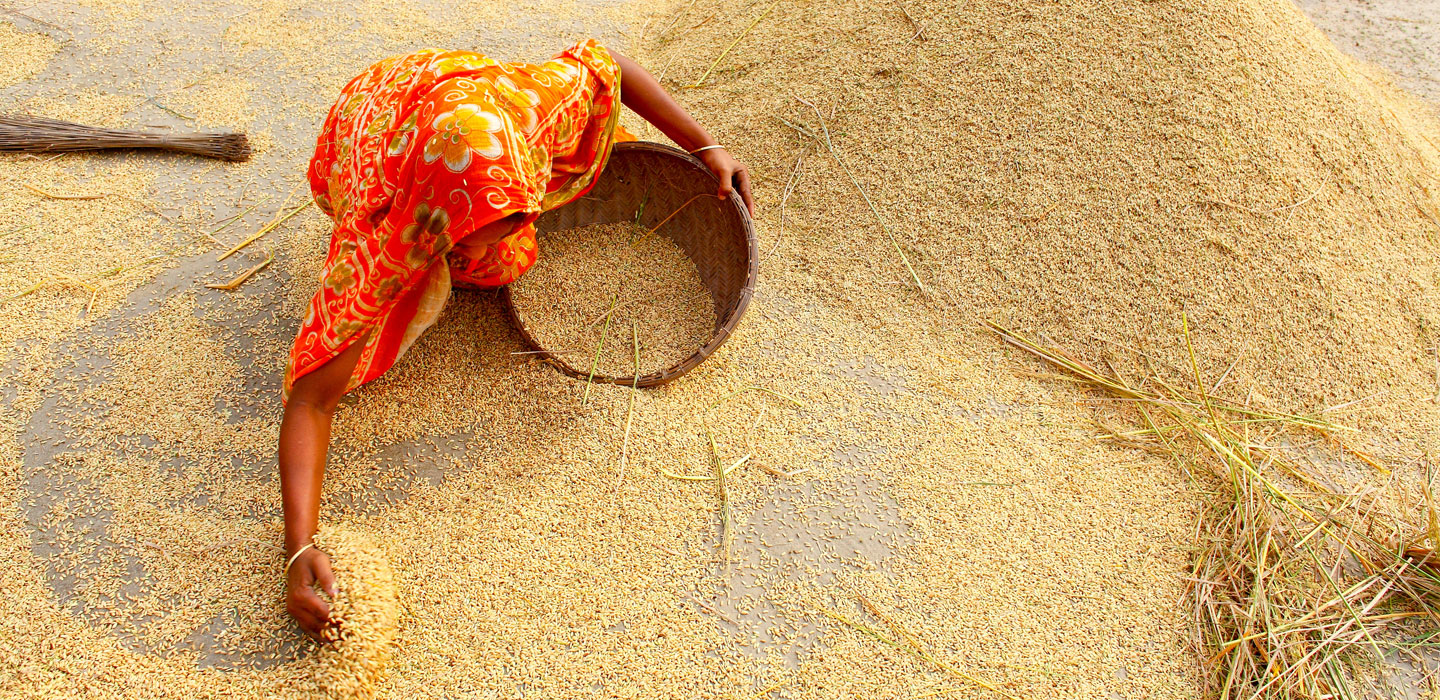
There is good news today for the world’s most vulnerable and marginalised rural communities, as the International Fund for Agricultural Development (IFAD) receives its first public credit rating. This sets the stage for increased investments in food security, employment, and rural economic growth, and is an important step towards the achievement of the Sustainable Development Goals (SDGs).
IFAD is the first fund in the United Nations system to receive a public credit rating. The AA+ (stable) rating was announced by Fitch Ratings, which also assigned IFAD a short-term rating of F1+.
“The strong rating comes at a critical time when the impacts of COVID-19 threaten to push millions more rural people into hunger and poverty. This rating will allow IFAD to strengthen and diversify its resource base, and build global resilience to future shocks,” said Gilbert F. Houngbo, President of IFAD.
As the only global development organization exclusively dedicated to transforming agriculture, rural economies and food systems by making them more inclusive, productive, resilient and sustainable, IFAD plays a central role in the fight against extreme poverty and food insecurity.
This credit rating adds momentum to international efforts to catalyze additional financing to achieve the SDGs by 2030 and ensure no one is left behind.
IFAD-supported projects and programmes are funded through contributions from its 177 Member States, investment income and reflows, as well as cofinancing from other sources.
With Official Development Assistance (ODA) under pressure in recent years, IFAD has been exploring new funding models to help it double its impact on reducing poverty and hunger by 2030, and meet the changing needs of borrowing countries.
“Meeting the needs of all our Member States requires IFAD to develop a diversified, broader and more predictable funding base so that we can expand our financial offer for the benefit of our borrowing countries,” said Houngbo.
“The credit rating will provide us with greater scope to forge partnerships including with the private sector, the public development banks that we will be working with at the Finance In Common Summit in November, and gives us the means to leverage every dollar of taxpayer money we receive, allowing IFAD to maximize its support to the poorest of the poor.”
Due to the COVID-19 pandemic, there could be up to 132 million more hungry people in 2020 alone, and extreme poverty looks set to increase for the first time in decades. With only 10 years left to achieve the SDGs, there is an urgent need to increase investment in the rural areas where most of the world’s extremely poor and hungry people live, and where IFAD focuses its activities.
